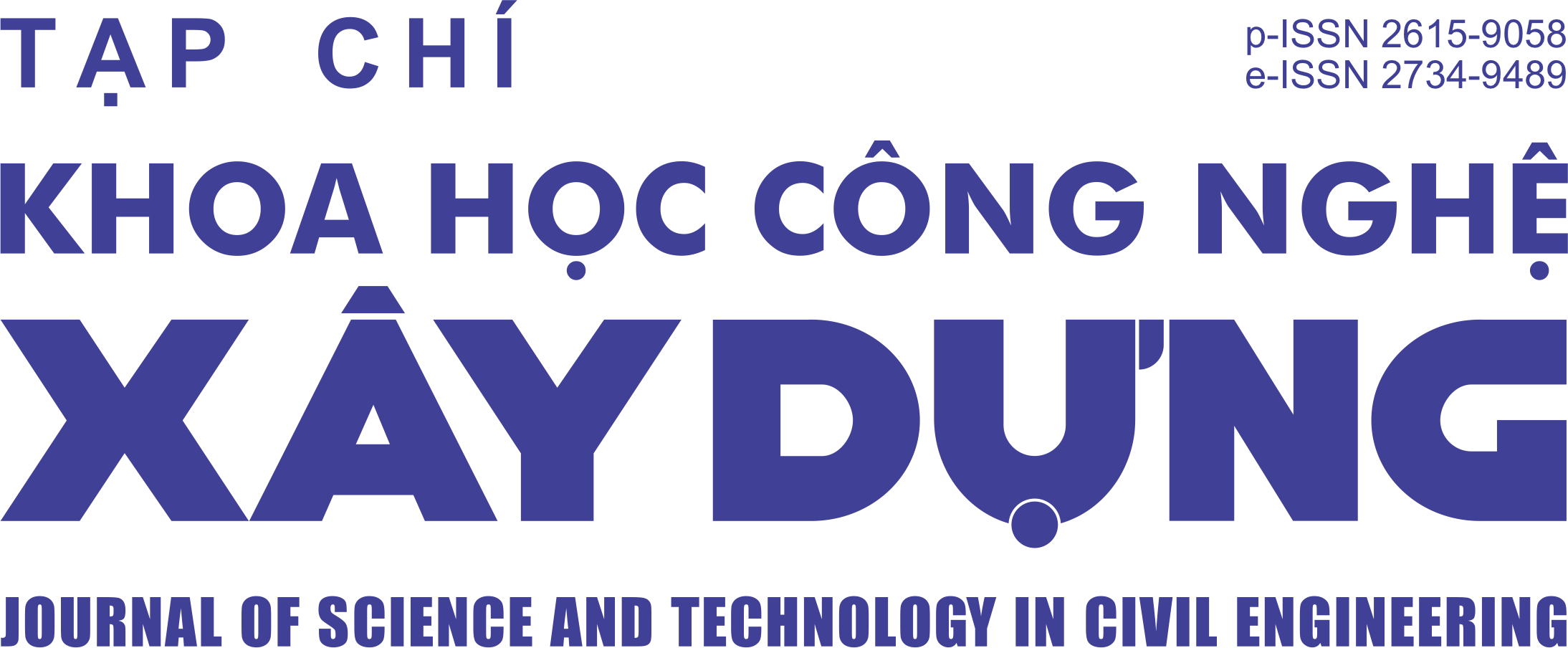Modified AK-MCS method and its application on the reliability analysis of underground structures in the rock mass
Abstract
This work aims at proposing the methodology on the basis of the extension of the famous reliability analysis, joining the Kriging and Monte Carlo Simulation (AK-MCS) metamodeling technique for analyzing the long-term stability of deep tunnel support constituted by two layers (a concrete liner covered with a compressible layer). A novel active learning function for selecting new training points enriches the Design of Experiment (DoE) of the built surrogate. This novel learning function, combined with an appropriate stopping criterion, improves the original AK-MCS method and significantly reduces the number of calls to the performance function. The efficiency of this modified AK-MCS method is demonstrated through two examples (a well-known academic problem and the case of a deep tunnel dug in the rock working viscoelastic Burgers model). In these examples, we illustrate the accuracy and performance of our method by comparing it with direct MCS and well-known Kriging metamodels (i.e., the classical AK-MCS and EGRA methods).
Downloads
Copyright (c) 2022 Hanoi University of Civil Engineering

This work is licensed under a Creative Commons Attribution-NonCommercial-NoDerivatives 4.0 International License.
1. The Author assigns all copyright in and to the article (the Work) to the Journal of Science and Technology in Civil Engineering (JSTCE) – Hanoi University of Civil Engineering (HUCE), including the right to publish, republish, transmit, sell and distribute the Work in whole or in part in electronic and print editions of the Journal, in all media of expression now known or later developed.
2. By this assignment of copyright to the JSTCE, reproduction, posting, transmission, distribution or other use of the Work in whole or in part in any medium by the Author requires a full citation to the Journal, suitable in form and content as follows: title of article, authors’ names, journal title, volume, issue, year, copyright owner as specified in the Journal, DOI number. Links to the final article published on the website of the Journal are encouraged.
3. The Author and the company/employer agree that any and all copies of the final published version of the Work or any part thereof distributed or posted by them in print or electronic format as permitted herein will include the notice of copyright as stipulated in the Journal and a full citation to the Journal as published on the website.







